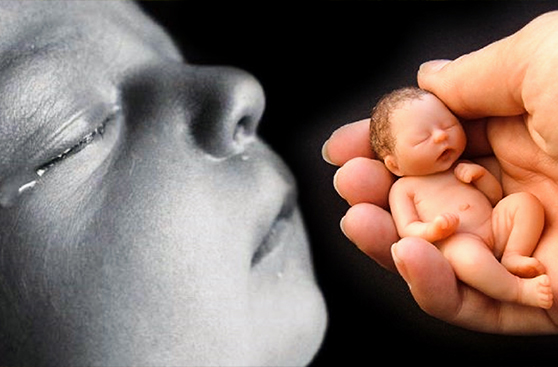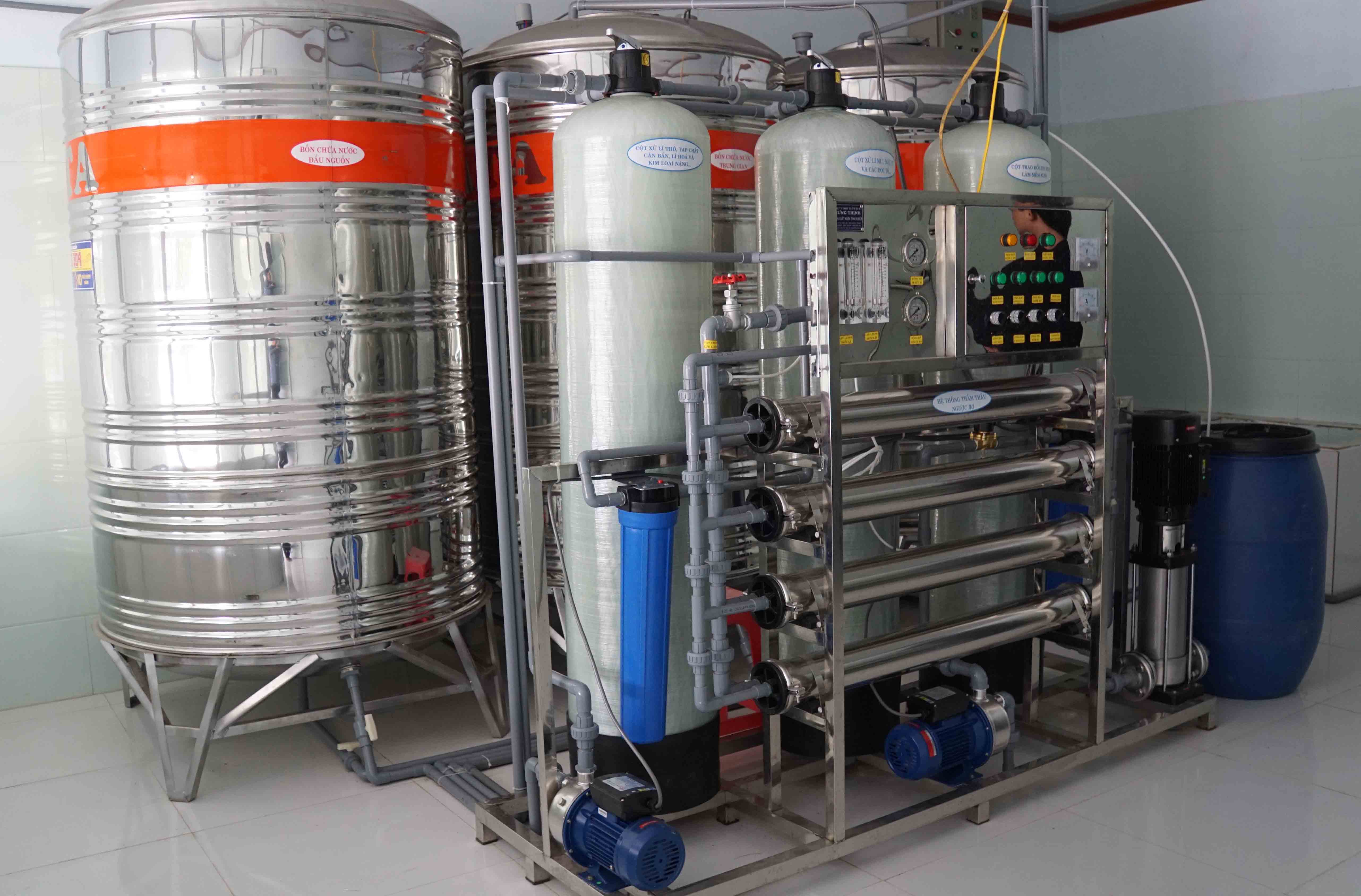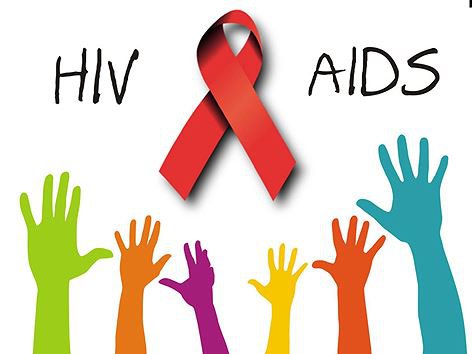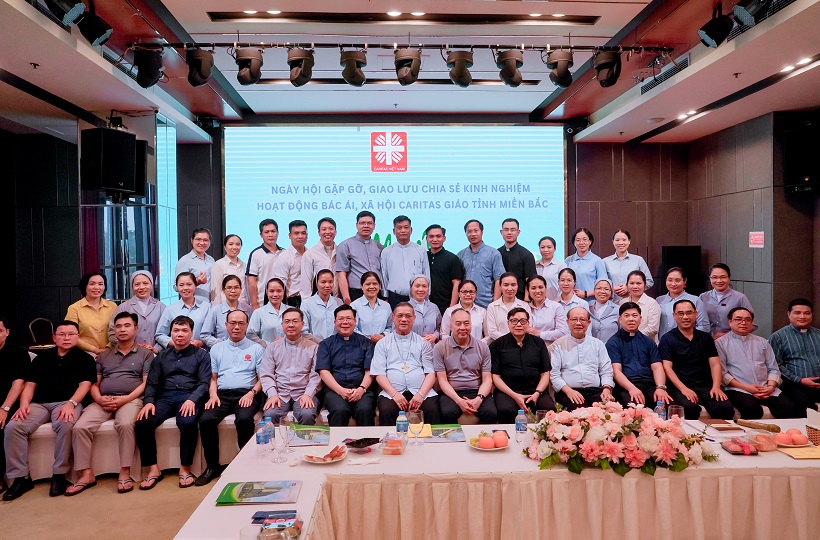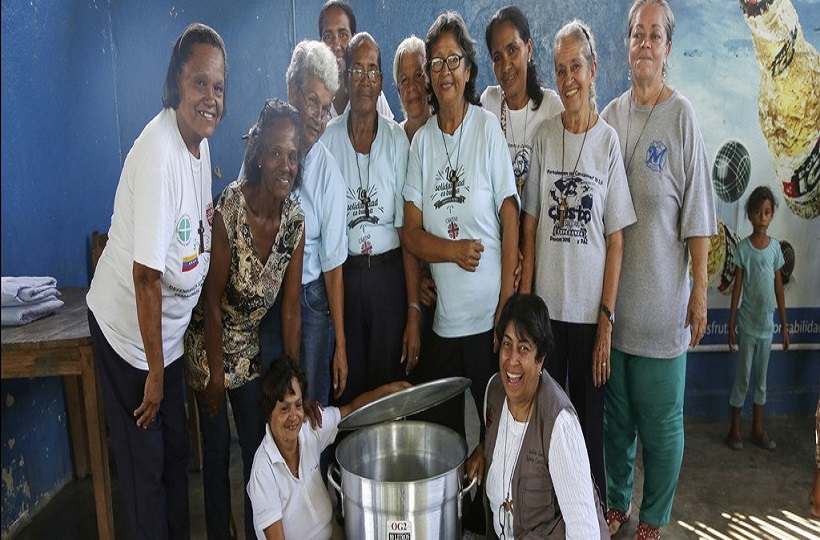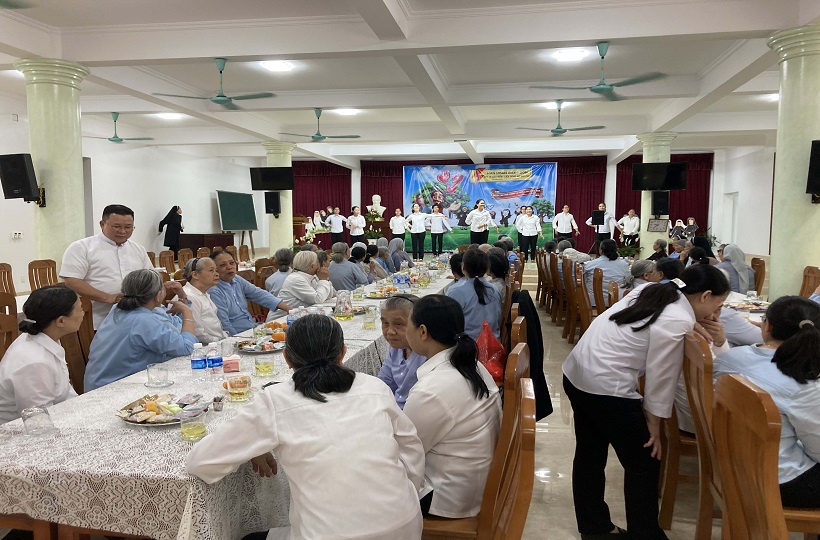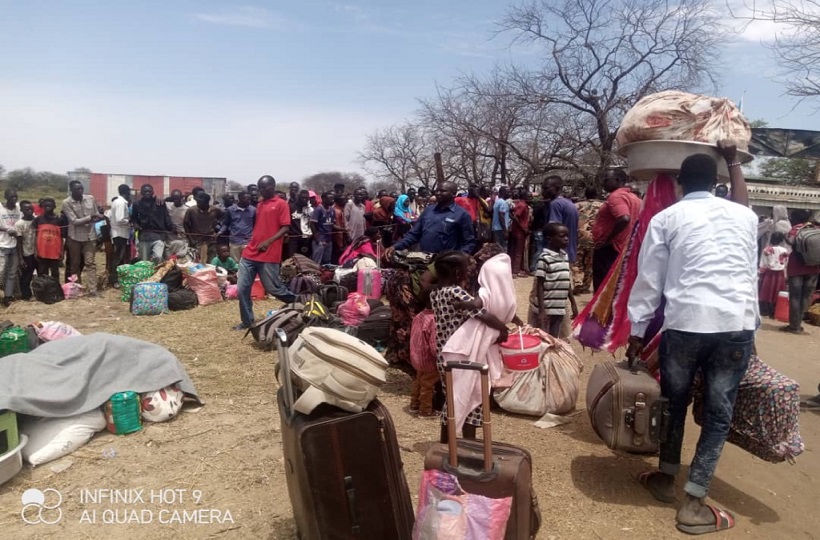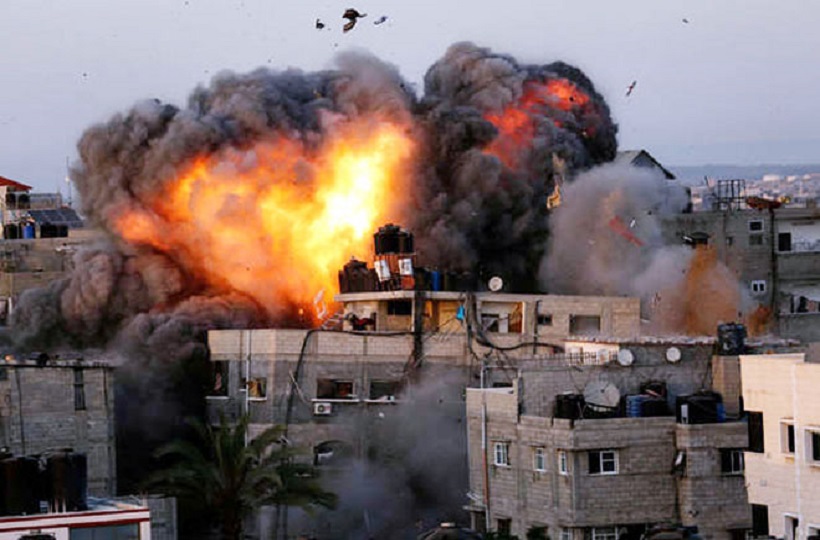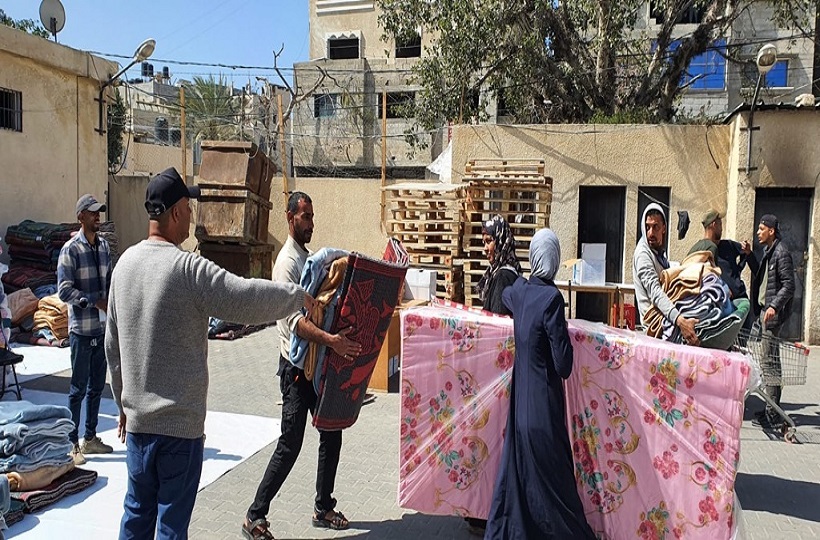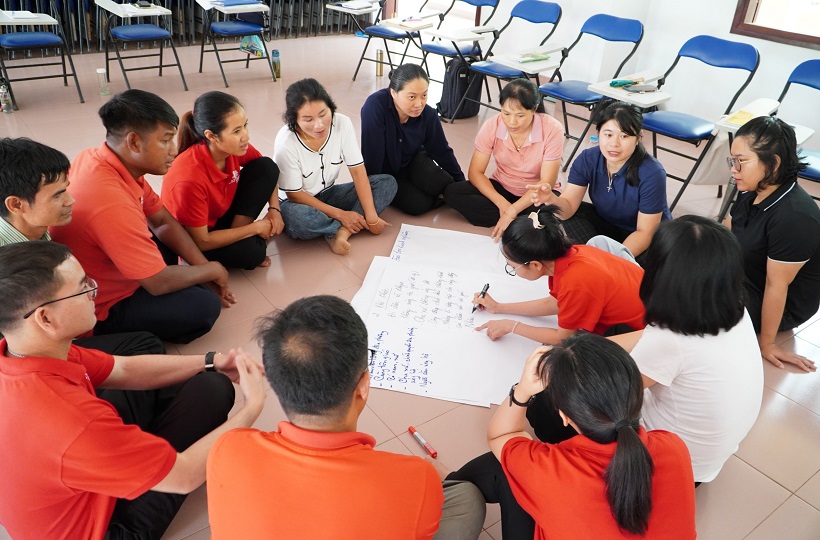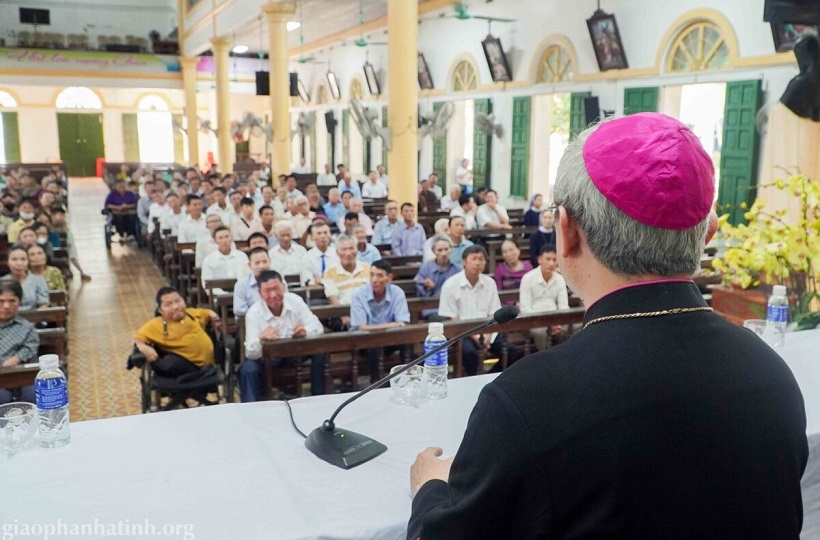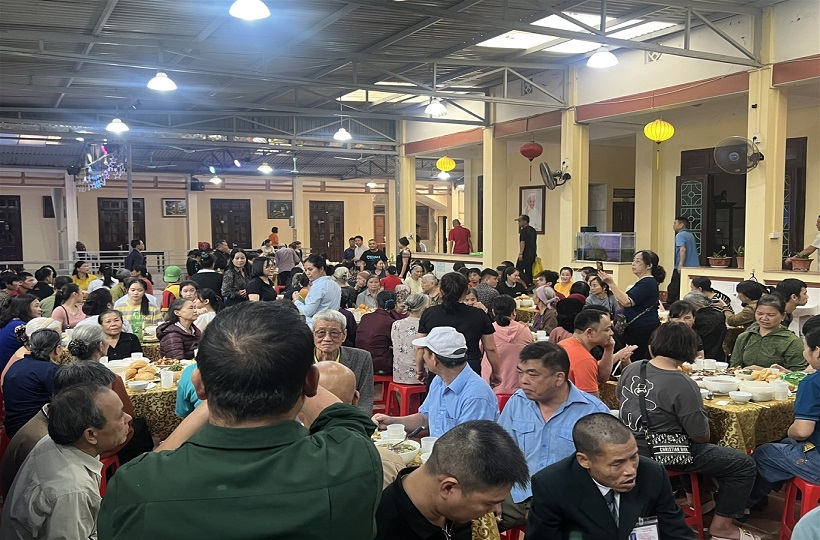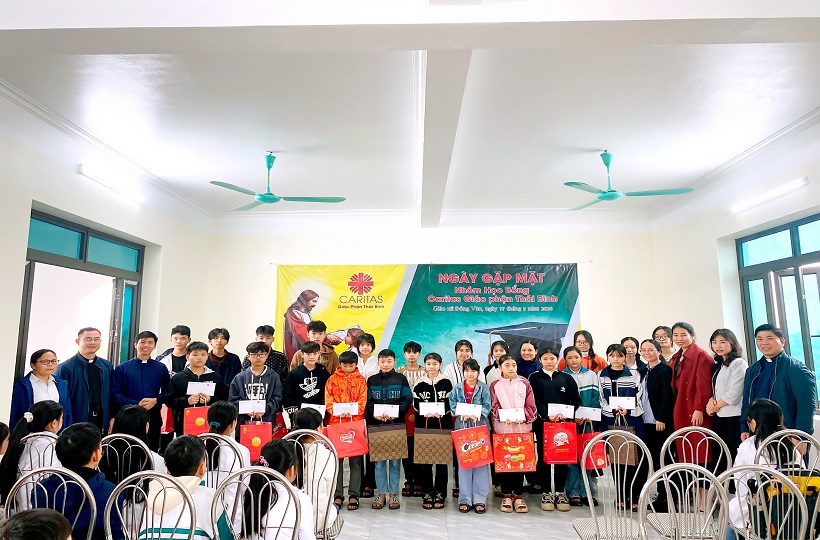Caritas News
Worst drought in a generation in Namibia puts half of population in crisis
Caritas Internationalis has launched an emergency appeal for Namibia to provide food for 100,000 people in the worst hit parts of the country in response to the drought.
The southern African state says that it’s harvest for this year will be 40 percent less than in 2012, livestock conditions have deteriorated and water tables have run low.
The most affected populations are from the northern regions where over 70 percent of the population lives. Kunene is the hardest hit province in the country, where two years of failed rains have devastated millet and maize plantations, dried up water sources for cattle and forced people to search long distances for water supplies.
A Caritas Namibia assessment found that household cereal stocks would run out by November 2013. Caritas Namibia says that families are already reducing the size and number of their meals and cutting back on their spending for the coming planting season in response to the drought. The assessment was carried out with the support of Caritas Zimbabwe.
Caritas Namibia works through a network of staff and volunteers. In September and October, they were able to provide family food parcels to 13,500 homes. That work will scale up with the launch of the US$ 850,00 (€ 630,000) emergency appeal, which will provide beans, sugar and cooking oil to those most in need.
Namibia is the driest country in sub-Saharan Africa. The appeal will also help communities to prepare them better for droughts through the installation of irrigation systems, planting of fruit trees and vegetables, community gardens, construction of water harvesting structures and agricultural training.
There will be a special focus on helping women and young people.
Namibia has struggled to attract international attention for the crisis because it is perceived as a comparatively rich. However, Namibia has one of the greatest gaps between rich and poor in the world. The poorest 10 percent of households make up 1 percent of the country’s total income while the wealthiest 10 percent control more than half.
For more information please contact Patrick Nicholson on +39 06 6987 9725 or by e-mail at nicholson@caritas.va.
The List of Contributions Received by Caritas Vietnam
1. The list of 2024 contributions to the Caritas Vietnam general charity fund
2. The list of 2023 contributions to the Caritas Vietnam general charity fund
Latest project information
Copyright © 2018 by COMMISSION on CHARITY and SOCIAL ACTIONS - CARITAS VIETNAM
Total visits: 25,359,024


